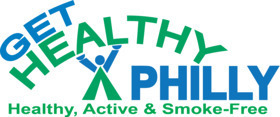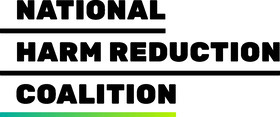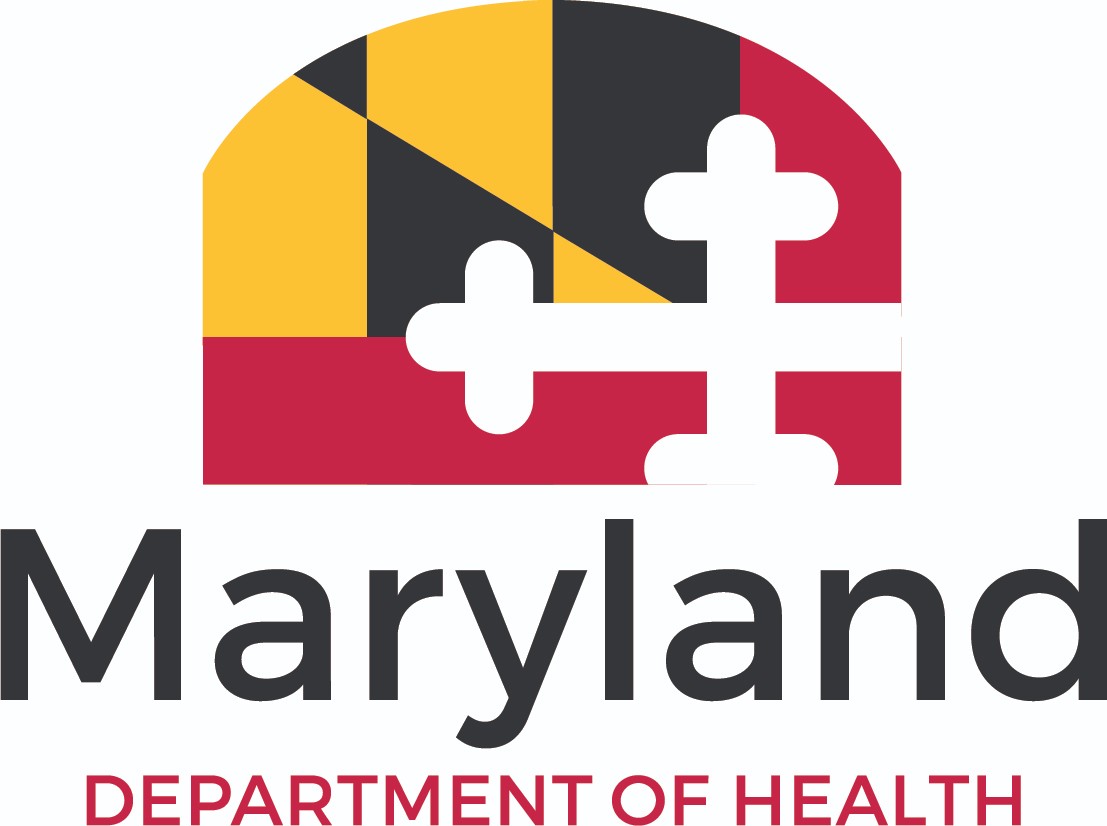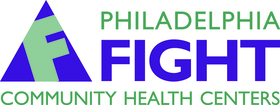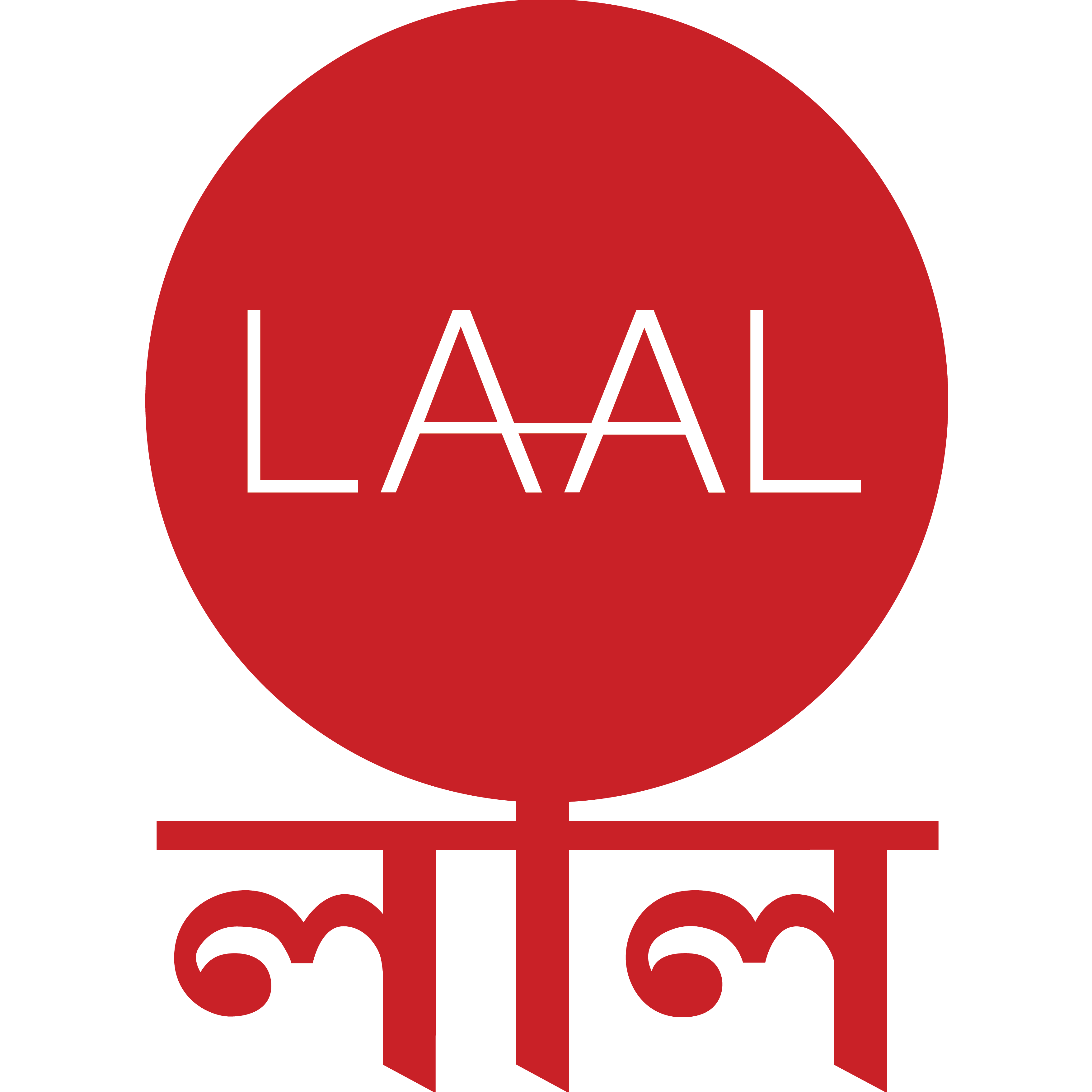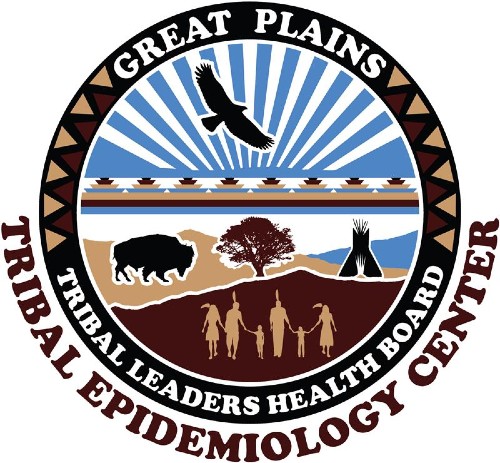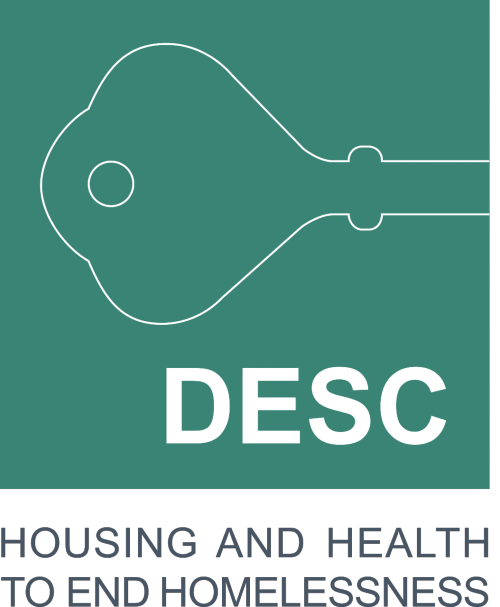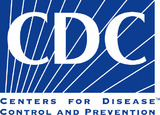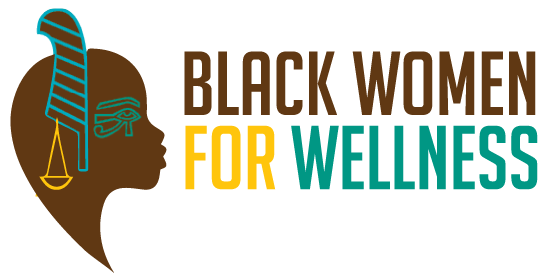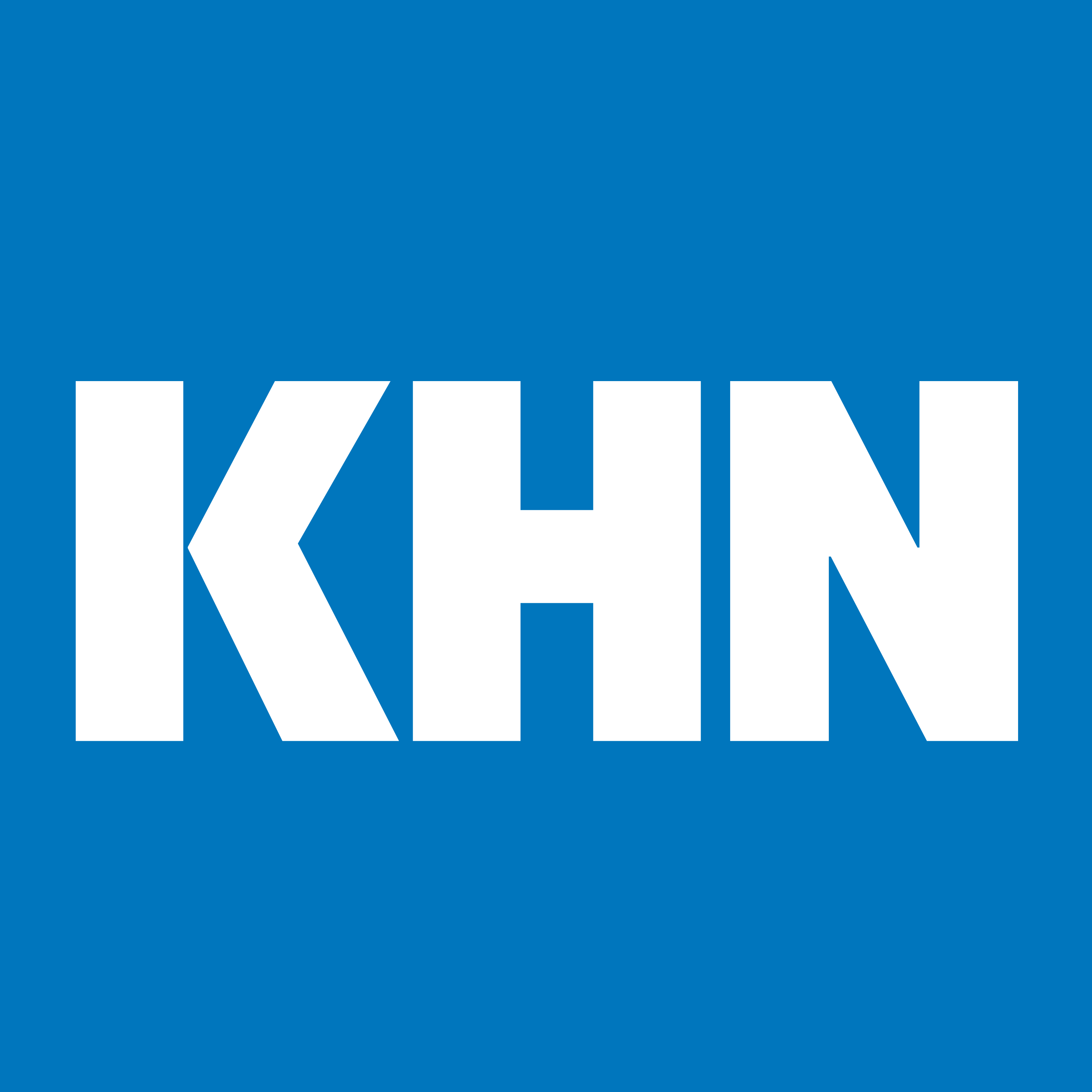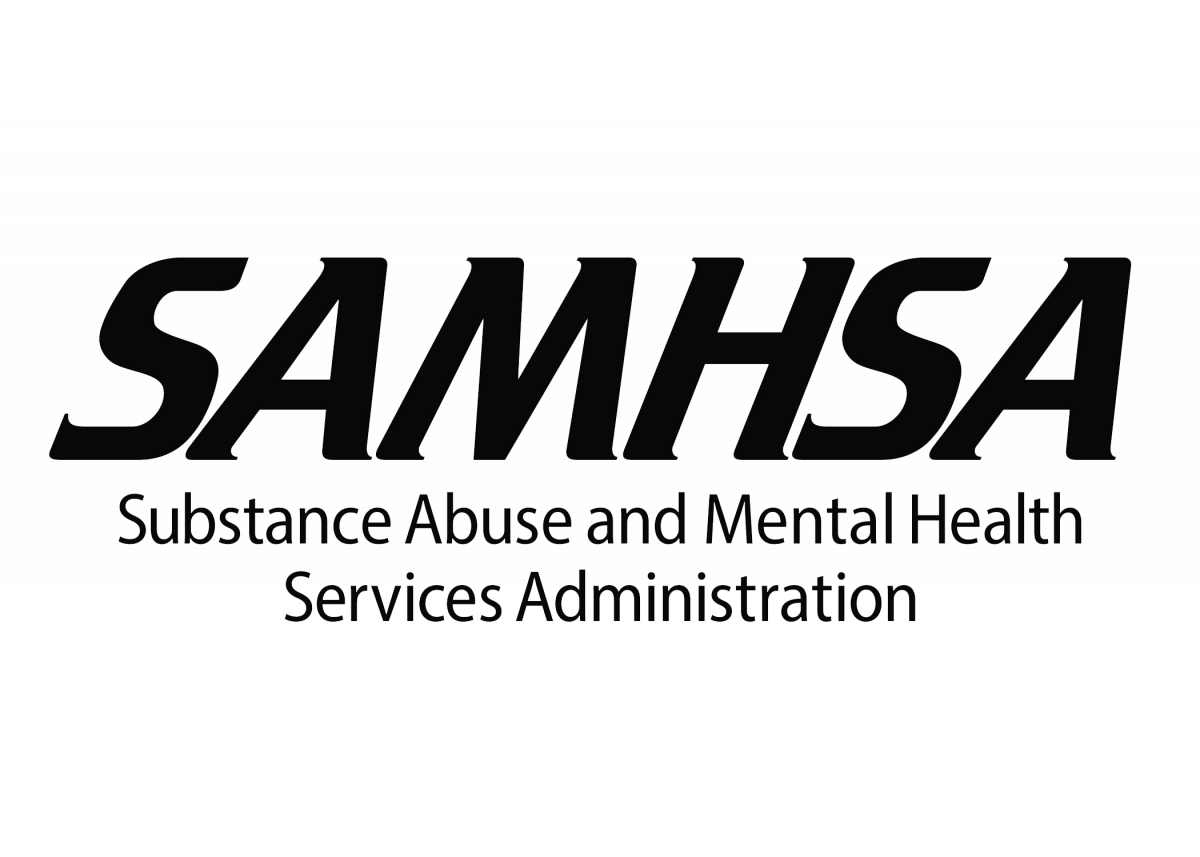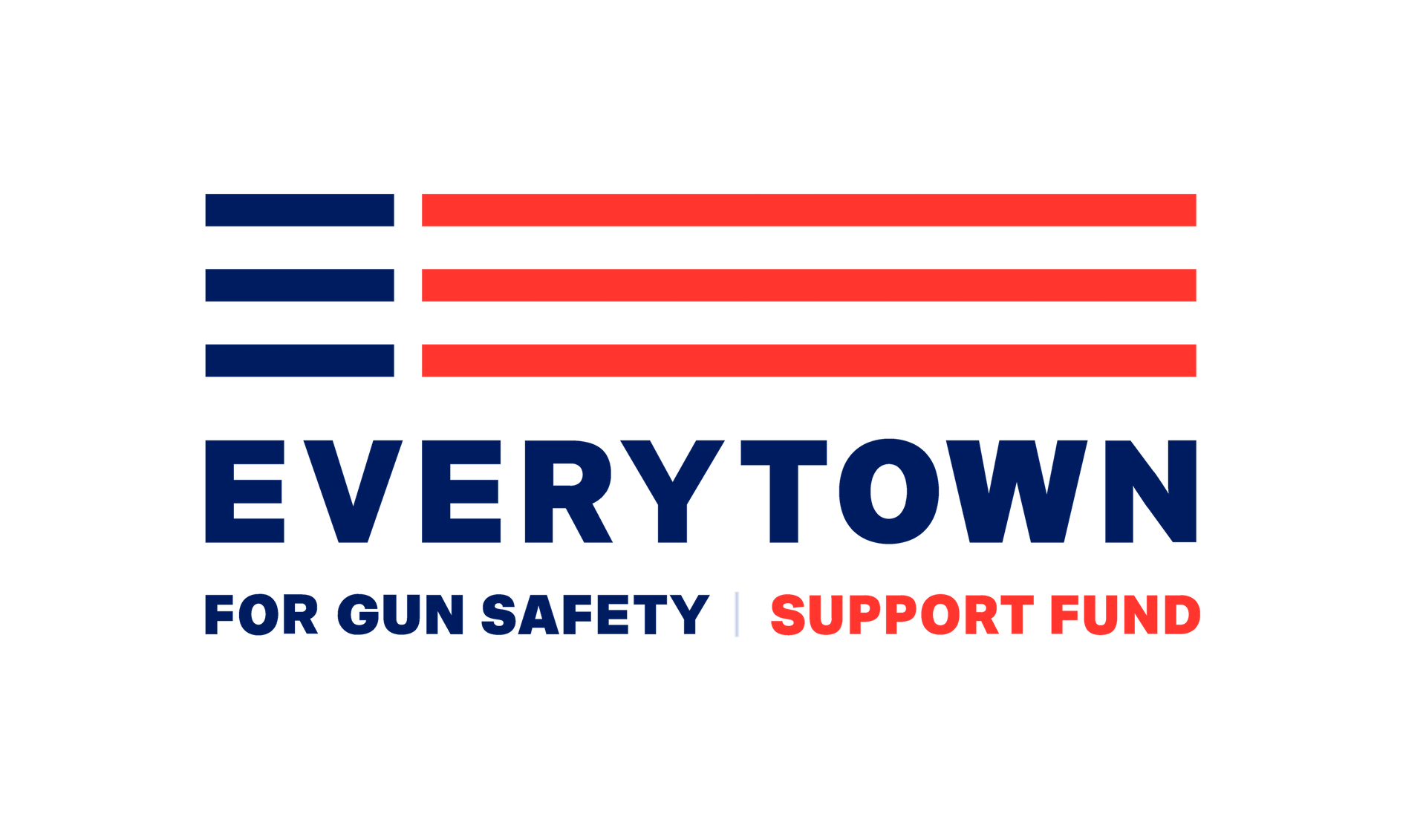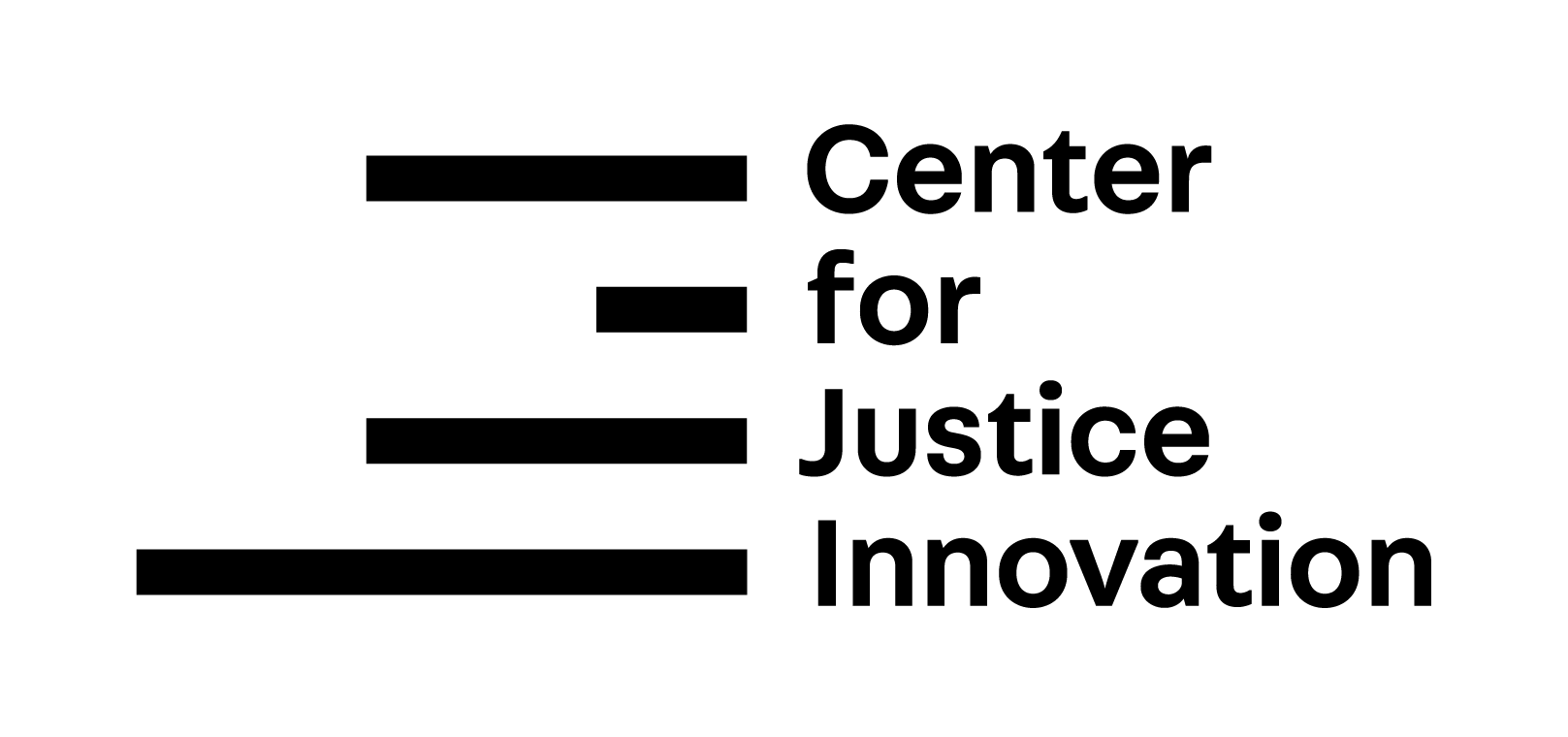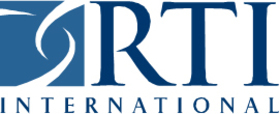A National Network of Collaborating Organizations
Program Overview
Unlike the direct-line relationship between most scholarship programs and their beneficiaries, the Bloomberg Fellows Program is a triangle that connects the Bloomberg School, fellows and their organizations.
The partner organizations will play several vital roles:
- Completing a letter of recommendation for the prospective Bloomberg Fellow(s)
- Providing practice opportunities for fellows during the MPH program
- Participating in a network of organizations using evidence to make progress in health
- Engaging with faculty and staff at the Bloomberg School of Public Health to exchange ideas and opportunities for collaboration
Partner organizations are located across the United States, including U.S. territories, and reflect the diversity of efforts addressing critical challenges in the five focus areas. The organizations come from the health and public health sectors, as well as from housing, transportation, education, environmental protection, community development, criminal justice, and other areas. For example, a local police department may nominate a senior leader for public health training in violence prevention, and an educational advocacy organization may nominate a staff member to study threats to adolescent health.
Through extensive outreach and marketing to organizations on the frontlines of each of the five focus areas, the Bloomberg School identifies a broad and diverse range of partners with which to establish longstanding, collaborative relationships. Special effort is made to involve organizations that have few or no staff trained in public health.
Networks to facilitate research and action
Bloomberg Fellows will have a unique alumni experience. As alumni, they will join and help to lead problem-solving networks that bring together expert faculty and public and private organizations from across the country. As they grow over time, these networks will increase in importance and impact.
Problem-focused networks: In each of the five focus areas, anchor faculty will develop a network involving Bloomberg Fellows, alumni and organizations to understand and overcome common challenges, establish collaborative research projects and implement evidence-based policies and programs. Each of these networks will maintain an online platform for information sharing and collaboration.
Cross-cutting networks: In addition, the Bloomberg American Health Initiative will host an annual summit involving Bloomberg Fellows, faculty, alumni, home organizations, and others. Each summit will present the latest available data on preeminent health challenges facing the United States and publish a set of high-profile recommendations for progress. The summits will provide an opportunity to forge connections across focus areas. Learn more about the Bloomberg American Health Summit.
Applications for 2026 open this summer!
Meet the Collaborating Organizations
Collaborating Organizations Across the Country
Where our fellows work
Frequently Asked Questions
What is a collaborating organization?
The collaborating organization is the applicant's employer. The applicant must be employed full-time by the collaborating organization when applying to the fellowship program.
How can my organization qualify to be a collaborating organization?
Public or private organizations can qualify to be collaborating organizations as long as they work on issues related to one of the five focus areas: (i) addiction and overdose; (ii) environmental challenges; (iii) obesity and the food system; (iv) adolescent health; and (v) violence. For example, an organization that works on neighborhood development may have interest in training a staff member around food systems. Similarly, organizations that seek to reduce levels of community violence may have interest in training a staff member around violence prevention. The organization’s work in the chosen focus area must be based in the United States.
Would our organization be a good fit for this program if we are not a traditional public health organization?
Yes, the Bloomberg American Health Initiative seeks to engage with organizations outside of traditional public health departments or organizations. There is no one type of organization that we are looking for in this program. Rather, we seek a diversity of organizations, Fellows, experiences, and locations to ensure greater impact on improving the health of communities across the country.
What are some benefits of being a collaborating organization?
Collaborating organizations will join a national network of practice connecting them with organizations across the country working to address the same types of challenges. Not only will a member of your organization gain skills and knowledge through the fellowship, but there will also be opportunities for the organization to engage in various activities hosted by the Initiative and School. The Initiative hosts an annual summit, bringing together collaborating organizations, Fellows, faculty and researchers to share best practices, updates, and progress being made in the focus areas of the Initiative. There are often opportunities to connect with faculty experts and collaborate on grants or research. We seek to support organizations’ interest in engaging in ways that align with the Initiative.
What are the responsibilities and expectations of collaborating organizations?
There is a portion of the Fellow’s application that must be completed by the collaborating organization to ensure the organization is engaged and supportive of the applicant. The collaborating organization will also sign a letter of commitment should the applicant be accepted into the program. Collaborating organizations pledge to employ the Fellow for at least one year following graduation. (Note: This pledge is not a legally binding commitment on the part of the collaborating organization.) They also participate in activities such as conferences and seminars with the School during the course of the Fellow’s studies. After graduation, the organization remains part of the national network of practice and can participate in a range of activities.
Do collaborating organizations have access to funding opportunities?
Fellows are eligible to apply for small grant awards to develop a special project that benefits their work and organization. In addition, collaborations with faculty may yield joint grant proposals and other funding opportunities.
How does the collaboration with the Initiative work?
Initiative staff reach out to new collaborating organizations to introduce themselves and the Initiative to the organization. Organizations will have opportunities to join online forums centered on the five focus areas of the Initiative. Initiative staff will send regular updates on opportunities for organizations to be involved with various projects or research. The Initiative will work with collaborating organizations to understand their needs or priorities and will facilitate connections to faculty or other organizations for consultations or collaborations.
What happens if a Fellow needs to change their collaborating organization?
Fellowship applications are reviewed and selected based on both the applicant and the collaborating organization. If a selected fellow changes their collaborating organization:
- after being offered the fellowship,
- after accepting the fellowship offer,
- during the onboarding process,
- prior to starting the program, or
- within 6 months of starting the program,
the fellowship offer will be rescinded. The candidate may reapply to the fellowship program the following year with their new collaborating organization.
Is there a financial cost to our organization?
No, collaborating organizations do not have any financial obligations that come along with participation in the Bloomberg Fellows Program.
Do Fellows take time off from work to participate in the Fellowship?
Fellows in the full-time MPH Program take an 11-month leave of absence from their organizations so that they can complete the program. Fellows in the part-time MPH program and the part-time DrPH program usually continue their existing work arrangements. These arrangements are made between the Fellow and the organization.
How often does the Fellow have to leave work to participate in obligations of the fellowship?
All fellows are required to attend the fellowship orientation, which is typically held virtually in early to mid-June. As part of the fellowship requirements, fellows must complete at least 5 in-person credits over the course of their studies. The Annual Summit is also a mandatory event for both fellows and collaborating organizations. Additionally, fellows are given opportunities to attend other in-person events, such as social events and seminars, throughout the year. These opportunities are announced in advance to allow for sufficient planning. It is up to the collaborating organizations and the fellow to coordinate how to manage time away from work for these sessions.
Are organizations required to pay Fellows during while they are taking classes?
Organizations are not required to pay Fellows during the time they are away from work to take a class.
What can I do if I have additional questions?
Please email our Fellowship Officer, Faria Zaman, fzaman2 [at] jhu.edu (fzaman2[at]jhu[dot]edu).
What are the key requirements for Bloomberg Fellows during and after the academic year?
In general, the key requirements include (1) pursuing the MPH or DrPH degree in good faith; (2) participating in good faith in the chosen focus area during the program; (3) engaging with the collaborating organization during the period of study; and (4) working for at least one year with the collaborating organization in the chosen focus area (work must begin within 12 months following graduation). These requirements are outlined in the Grant Agreement that all Bloomberg Fellows sign upon acceptance to the program.
If an applicant applies to the MPH or DrPH program and the Bloomberg Fellows program and is accepted to the School but not the Bloomberg Fellows program, what happens?
In this circumstance, the applicant may choose to accept admission and matriculate as a student, but will be responsible for tuition and expenses just like other students. The applicant will be considered for other scholarships as part of the typical application process and review. Because many activities of the Bloomberg American Health Initiative activities are open to all students, the student can still be involved in the Initiative.
Are there special opportunities available to Bloomberg Fellows during the program?
Yes, there are special enrichment opportunities for Fellows while at the School, including seminars, speakers, and other activities.
If I am offered the fellowship, can I defer the fellowship to the following year?
The Bloomberg Fellows program does not permit deferment of fellowship offers. A candidate can apply again the following year.
When do fellows begin the MPH or DrPH program?
All fellows must begin the MPH or DrPH program in June.
Can Bloomberg Fellows audit courses?
Bloomberg Fellows must take all courses for a letter grade unless a letter grade is not an option. Auditing courses are not permitted for courses taken to fulfill degree requirements.
Can fellowship applicants apply to both the DrPH and the MPH programs at the same time and be considered for both?
When applying to the fellowship, applicants must select either the MPH or DrPH program for which to apply. The Bloomberg Fellows program can only review and consider applications for either the MPH or the DrPH program, not both in a given application cycle.
What kind of organizations can qualify to be collaborating organizations?
Public or private organizations that wish to qualify as collaborating organizations must work on issues related to one of the five focus areas: (i) addiction and overdose; (ii) environmental challenges; (iii) obesity and the food system; (iv) risks to adolescent health; and (v) violence. These may be but are not required to be traditional public health organizations, such as health departments. For example, an organization that works on neighborhood development may have interest in training a staff member in the area of food systems. Similarly, organizations that seek to reduce levels of community violence may have interest in training a staff member in the area of violence prevention. The organization’s work in the chosen focus area must be based in the United States, and the applicant’s work with this organization must be based in the United States.
What are the responsibilities of collaborating organizations?
The prospective collaborating organization completes the collaborating organization application form and pledges to employ the applicant following graduation for at least one year. The organizations are also invited to participate in various activities with the School during the course of the Fellow’s studies. After graduation, the organization remains part of the Bloomberg Fellows network and can participate in a range of activities.
Why does the collaborating organization have to fill out part of the application?
The Bloomberg Fellows program establishes a connection between the School, the Fellow, and the collaborating organization. The collaborating organization will be invited to participate in seminars, conferences, and other activities. We ask the collaborating organization to complete the application to ensure the organization is committed and supportive of this opportunity.
In addition, prior to admission, the collaborating organization will be asked to sign a letter of commitment to acknowledge the Fellow and pledge to employ the Fellow for at least one year following graduation.
Does an applicant have to be an employee of the collaborating organization at the time of the application?
Applicants must be full-time employees of the collaborating organization at the time of application submission as well as during the full course of their studies and the Service Obligation, following graduation. Applications must be received from both the perspective Fellow and organization.
What happens if the position with the collaborating organization is no longer available after the Bloomberg Fellow graduates?
The collaborating organization will sign a letter of commitment with the School and pledge in good faith to employ the fellow for at least one year following graduation. Failure to offer this position as promised may affect the ability of the organization to have future staff participate in the Bloomberg Fellows program. If, however, circumstances change and the position is not available, the School will work with the Fellow to find an alternative placement in the focus area that would satisfy the requirement.
What are the terms of the grant award if I am accepted?
For accepted Bloomberg Fellows:
- The Fellow must accept and sign the Grant Agreement.
- The collaborating organization must sign the letter of commitment and pledge in good faith to employ the fellow for at least one year following graduation.
The Grant Agreement requires Fellows to:
- Successfully complete the Master of Public Health degree program, and
- Work as a full-time employee with the collaborating organization in the chosen focus area of study for a period of one year following the completion of the Master of Public Health program. The employment must commence within one year of completing the degree requirements.
Failure to satisfy either of the above terms will require the Fellow to repay the full amount of the grant award within one hundred eighty (180) days of such failure. The Fellow may choose to enter into a loan arrangement (for a term not to exceed fifteen [15] years with an annual interest rate of 1%) with JHU to repay the grant or repay the grant in full from other sources.
Is the scholarship a grant or a loan?
The scholarship is structured as a grant that converts to a loan, with a standard repayment term (15 years) and a modest interest rate of 1%, if the terms of the Fellowship are not met.
Upon acceptance into the Bloomberg Fellows Program, Bloomberg Fellows will sign a Grant Agreement that explains the repayment terms and conditions that become effective if the grant converts to a loan.
Will the Bloomberg Fellows Program change over time?
The Bloomberg American Health Initiative is a new initiative, and we expect to make modifications to the program over time. The Initiative will provide important updates through this website and, to the extent possible, directly to prospective Bloomberg Fellows and collaborating organizations.
Are Bloomberg Fellows and their collaborating organizations expected to attend the annual Bloomberg American Health Initiative Summit?
Yes! All Fellows are expected to attend the Bloomberg American Health Summit and collaborating organization partners are often invited to attend as well. This annual gathering typically takes place at the end of the year and brings together Fellows, Faculty, Collaborating Organizations, and countless other members of the Initiative community for two days of enlightening sessions and discussions.
If I have other questions, how can I ask them?
For questions or inquiries related to the MPH program, email BloombergFellowsMPH [at] jhu.edu (BloombergFellowsMPH[at]jhu[dot]edu).
For questions or inquiries related to the DrPH program, email BloombergFellowsDrPH [at] jhu.edu (BloombergFellowsDrPH[at]jhu[dot]edu).
American Health Dispatch
Get the latest news from the Bloomberg American Health Initiative delivered to your inbox, every Friday morning.

